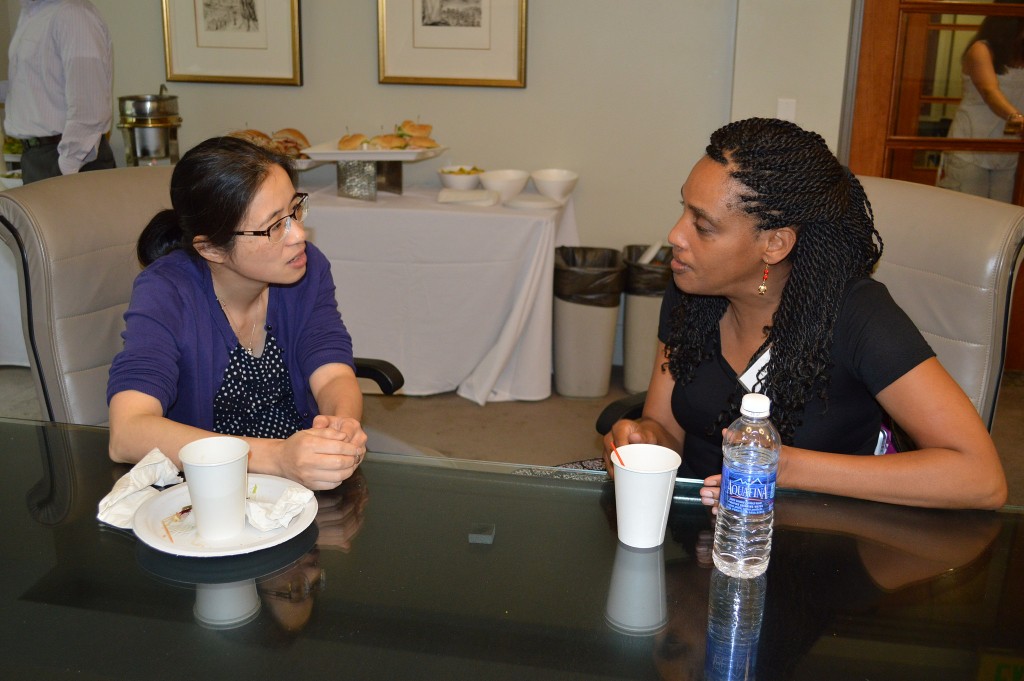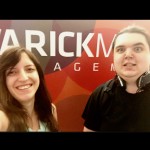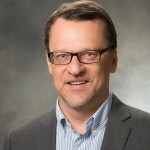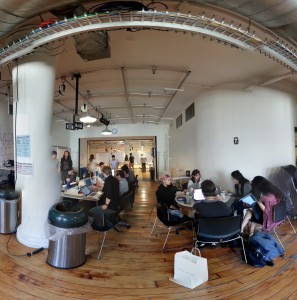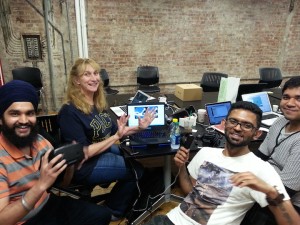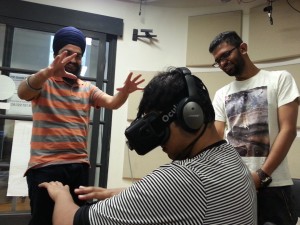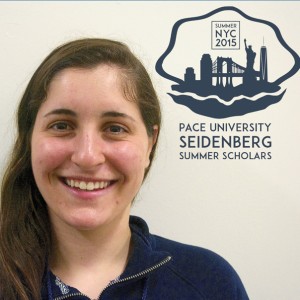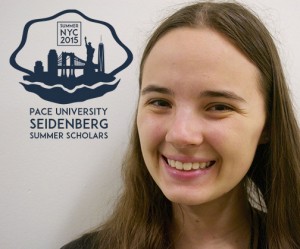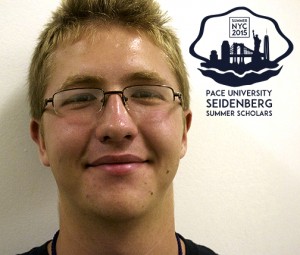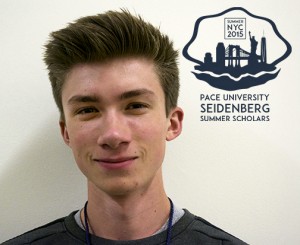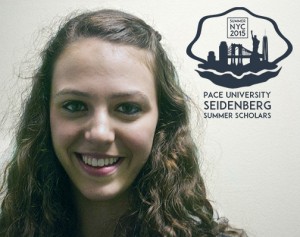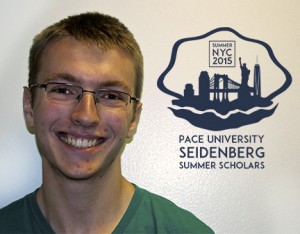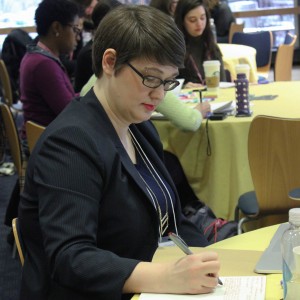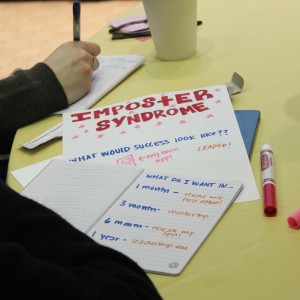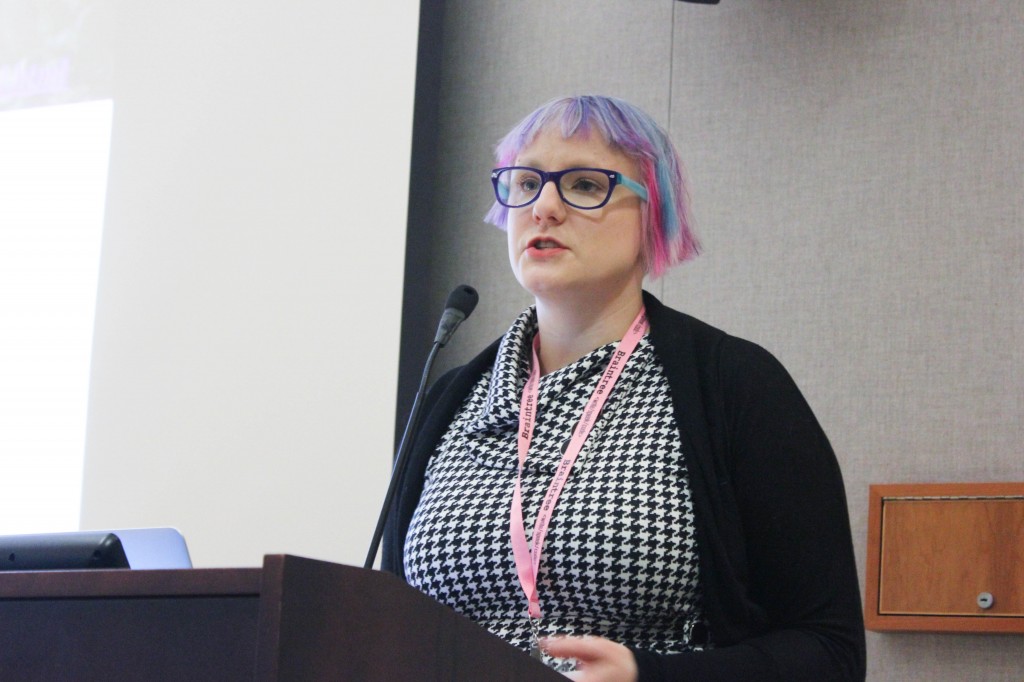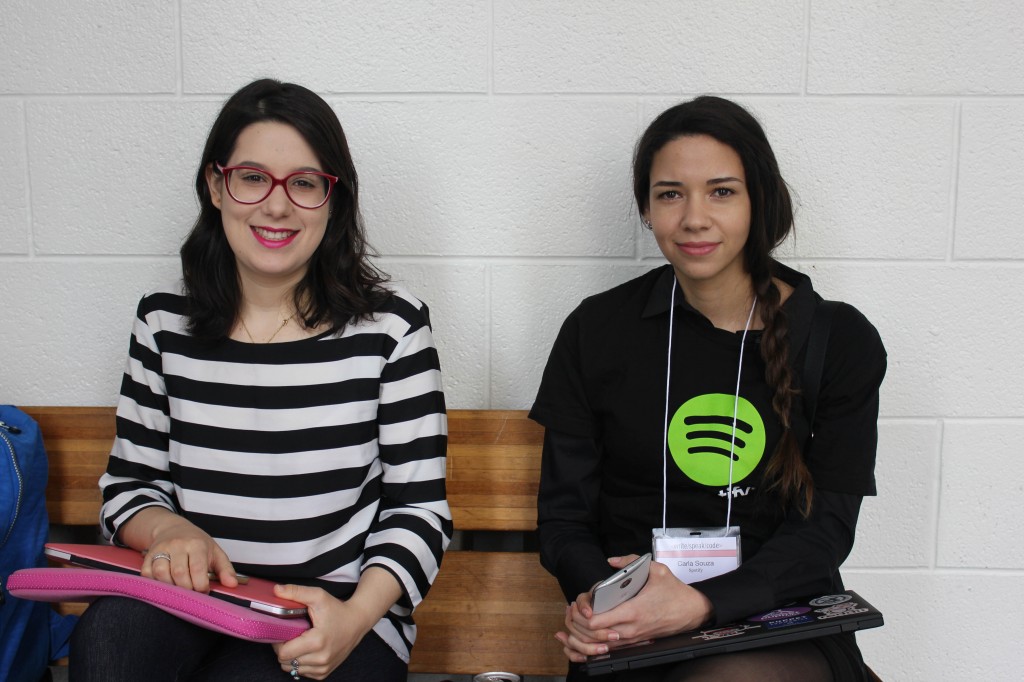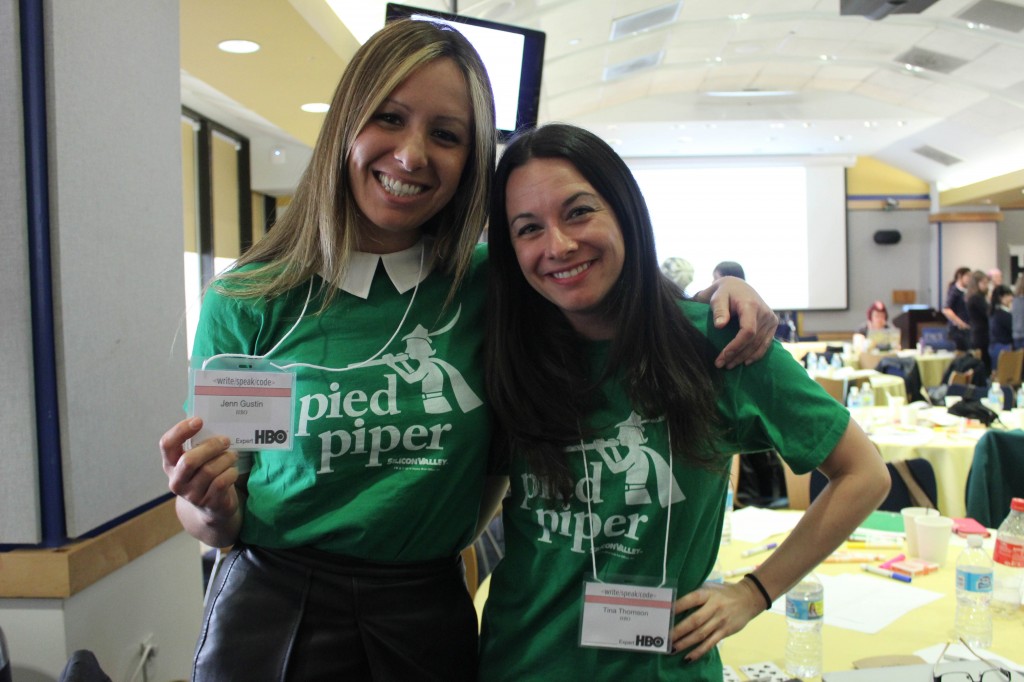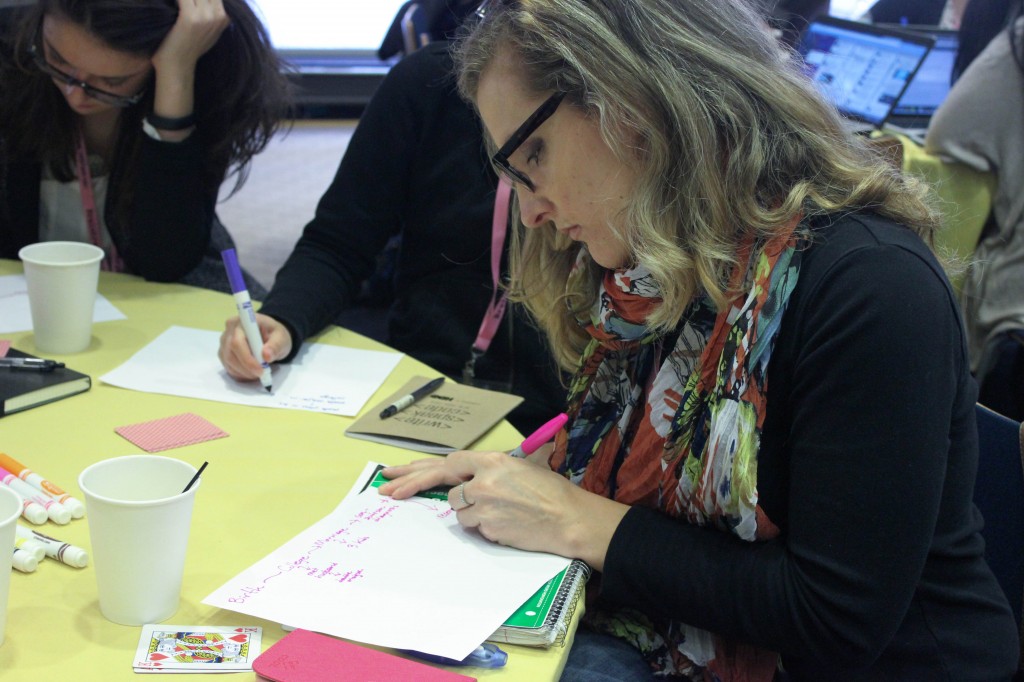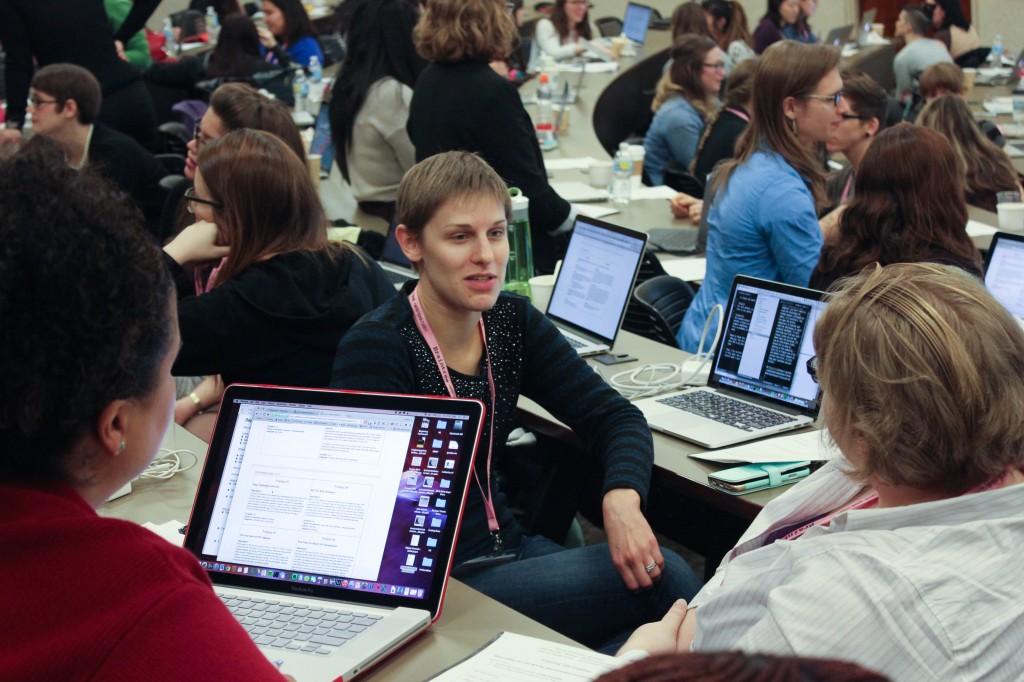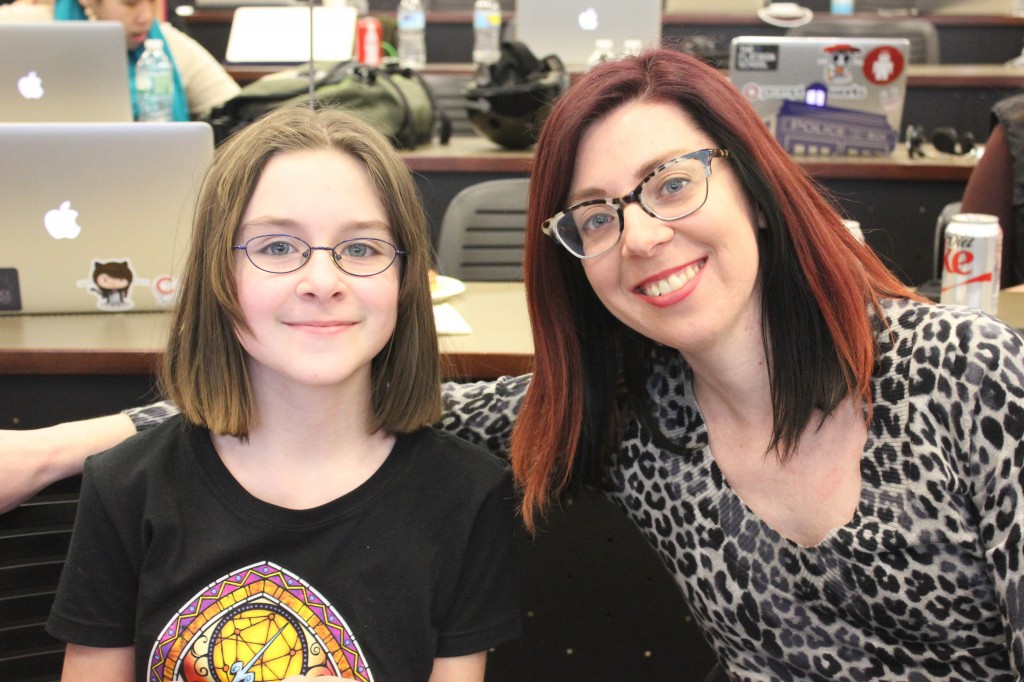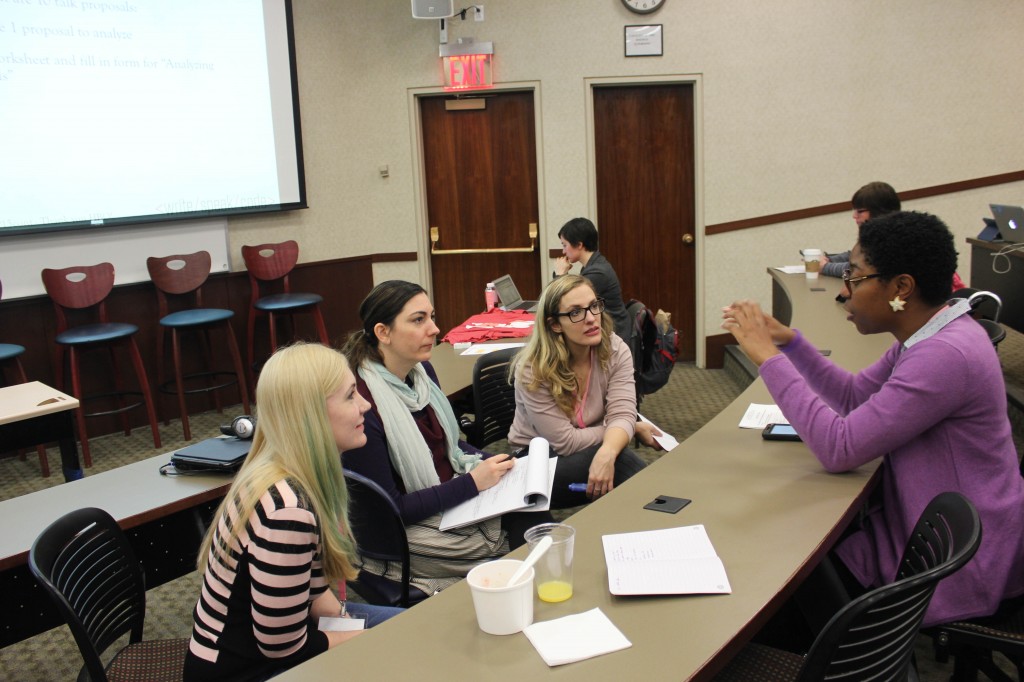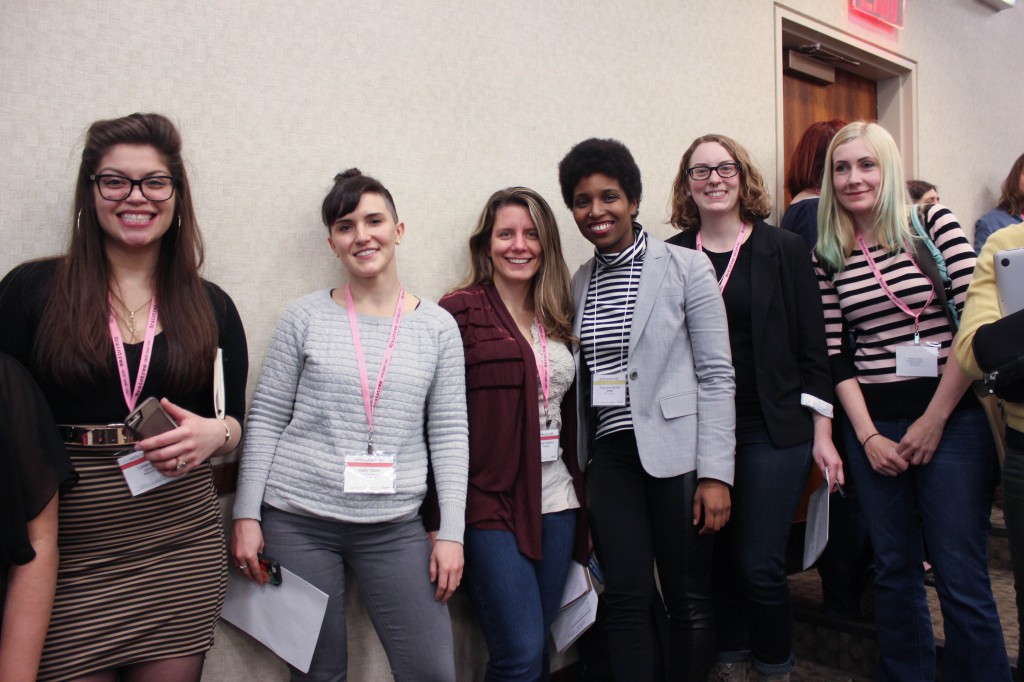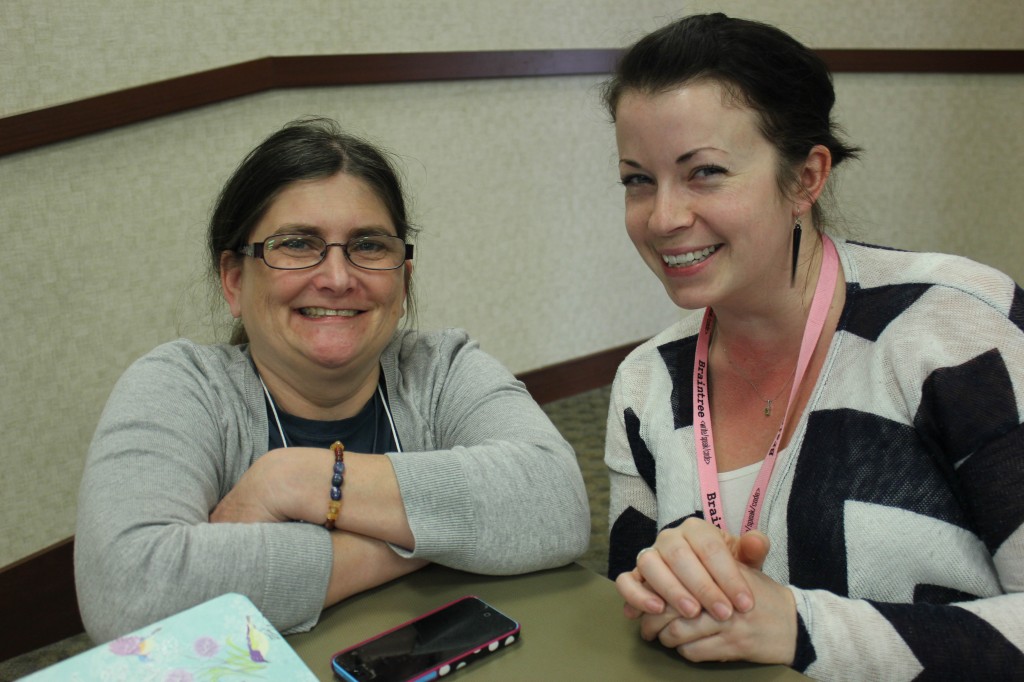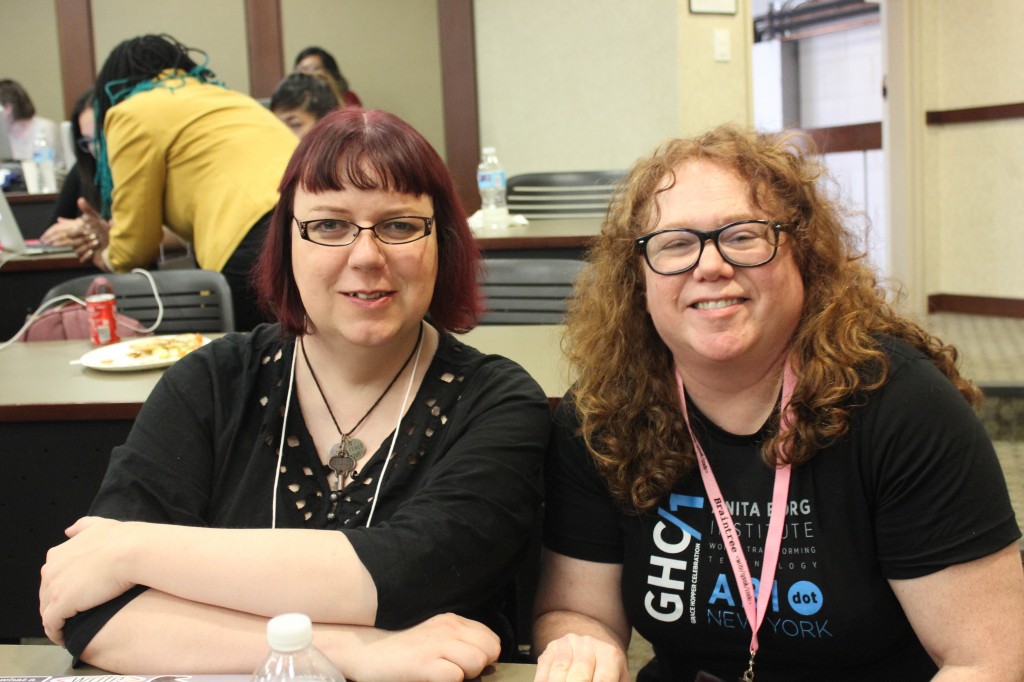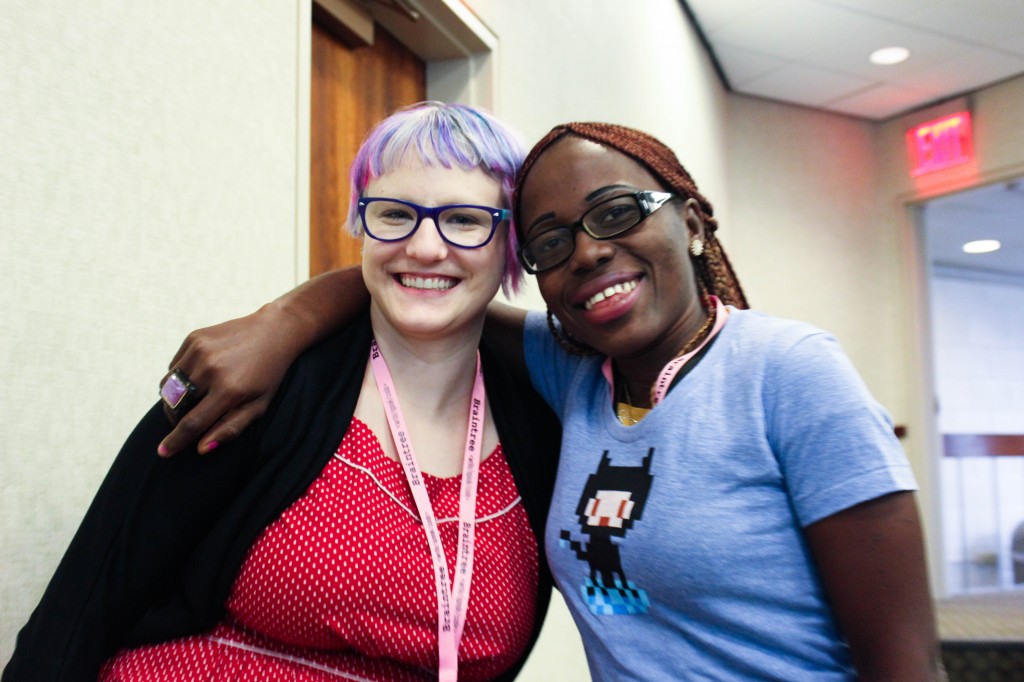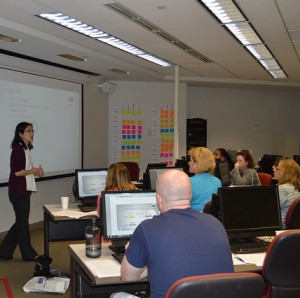 The Seidenberg School has long been committed to promoting cybersecurity education through a variety of programs and activities. GenCyber, a workshop hosted by Pace and Seidenberg this month, is one of the many ways in which the Seidenberg School has contributed to inspiring the next generation of cybersecurity professionals.
The Seidenberg School has long been committed to promoting cybersecurity education through a variety of programs and activities. GenCyber, a workshop hosted by Pace and Seidenberg this month, is one of the many ways in which the Seidenberg School has contributed to inspiring the next generation of cybersecurity professionals.
The workshop is a prestigious cybersecurity education program funded jointly by the National Science Foundation and the National Security Agency, designed to promote cybersecurity education at the K-12 level. The 2015 Pace GenCyber was designed specifically for high school teachers, and Pace was one of only ten universities nationwide selected to host a teacher workshop in 2015. We welcomed 22 participants, mostly in STEM fields, but not exclusively so, from all over the U.S. including Washington, Florida, Colorado, and Iowa.
The workshop took place at Pace University’s Pleasantville campus, and was spearheaded by Professor and IT WEST Department Chairperson Li-Chiou Chen and Director of Assessment Andreea Cotoranu. The two organized the program from activity design, to instruction, and everything in between. Lectures for the workshop were then delivered by professors of high esteem within the Seidenberg faculty including Li-Chiou Chen, PhD, Charles Tappert, PhD, Meikang Qiu, PhD, and Darren Hayes, DPS with assistance from some of their talented doctoral students. Jigar Jadav, Computer Science teacher at Mamaroneck High-School, and Pace Computer Science PhD student, provided invaluable input on high school instruction and lesson plan development. Moreover, an orchestra of Pace and Seidenberg students and staff ensured that all logistics worked smoothly. According to Andreea Cotoranu, “this was truly a team effort.”
Throughout the two weeks of the workshop, the teachers dove into a variety of integrated lectures, labs, resource sharing, curriculum development activities, pedagogy, and community building that all focused on different aspects of four main pillars in cybersecurity including cryptography, network security, access control/biometrics and computer forensics. The workshop also introduced Design Thinking pedagogical strategies for problem solving, a student-centered approach to teaching that fosters learning through project development (brainstorming, creating, doing, etc.) in lieu of traditional lecture-style teaching methods.
Westchester Magazine quoted participant Virginia Nalbandian, a Pleasantville High School mathematics and computer science teacher, as saying, “the workshop has inspired me as a teacher to return to my classroom and inspire my students. And this is what education should ultimately be about.” Sponsors, participants, and organizers all feel hugely satisfied by the workshop’s success.
Everyone involved in GenCyber left the program with a positive, enthusiastic mindset about going forth and integrating cybersecurity in their curricula. The feedback from both participants and sponsors (NSA/NSF), has been excellent, and we are thrilled with the outcome! The organizers and sponsors are already discussing the plans for the return of the workshop next summer, and we look forward to hear how the project will grow.


